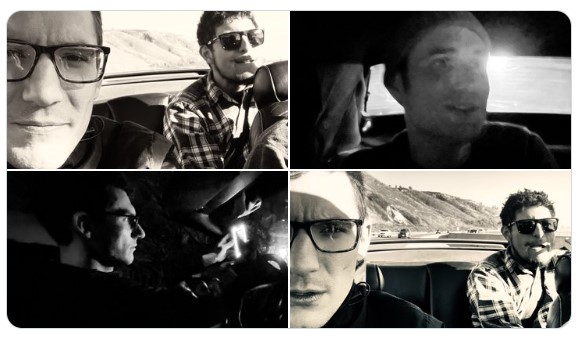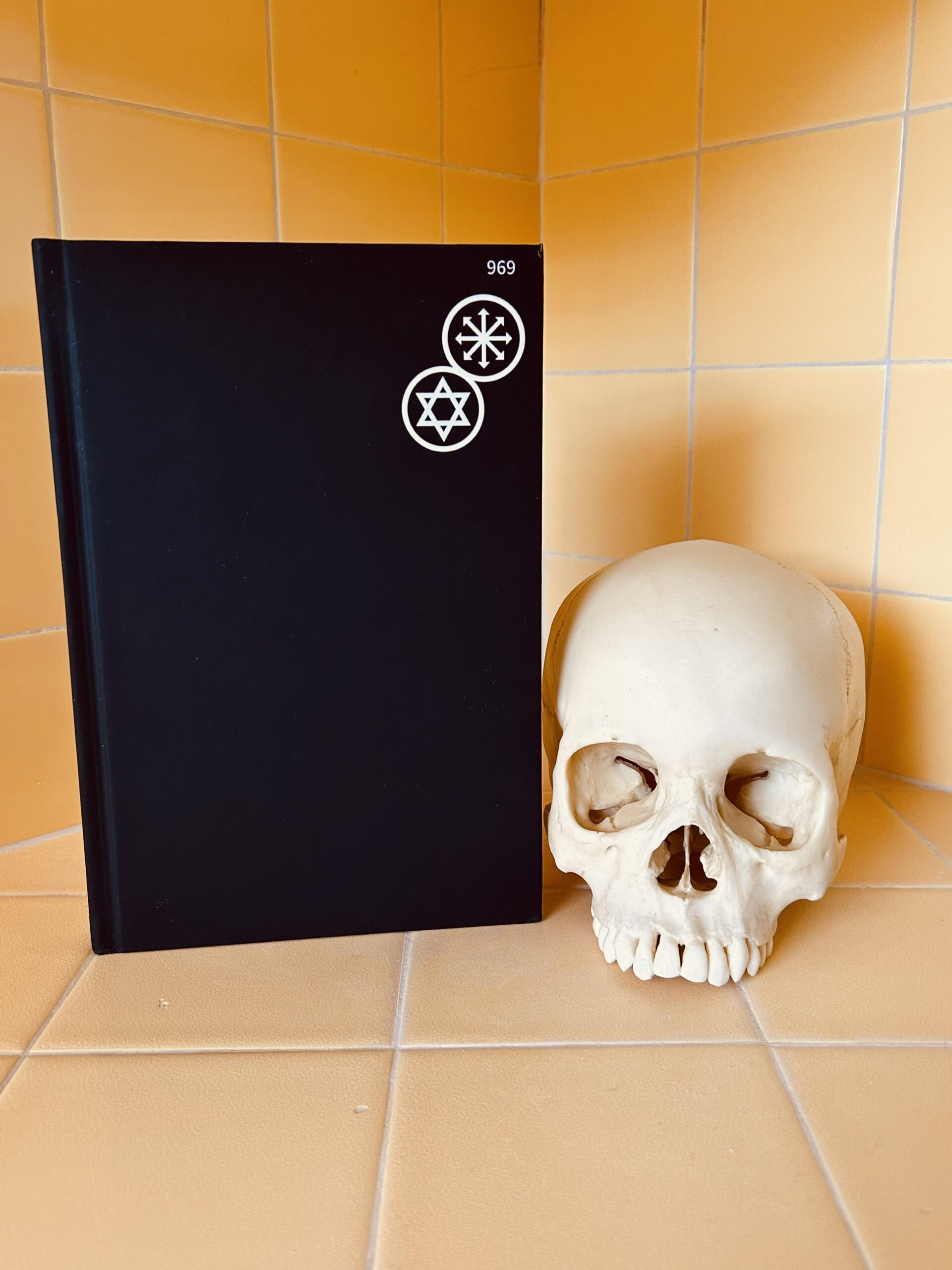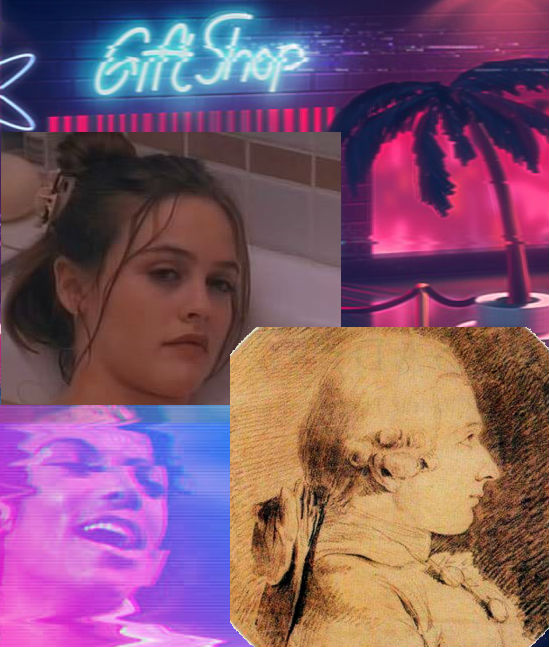Robert Stark casually chats with his friends and fellow authors, Matt Pegas, Omar King, and Adem Luz Rienspects. Omar has his debut novel, An Odyssey of Dingbats! out in February, and Adem is the author of Mixtape Hyperborea and has a podcast, Static Blue. (Please excuse the background noise and interruptions as we recorded while eating dinner in a crowded restaurant, after a long day at the Hot Spring)
Topics:
-Matt and Adem’s observations of the LA fires from Encino
-How Matt and Robert used to hang out at the Pacific Palisades Starbucks that burnt down
-Whether the Palisades will lose its charm after it rebuilds
-Politicization and class warfare narratives about the fires
-Adem thinks we must have respect for the power of nature
-The philosophical debate about attachment to possessions
-How tragedies, including natural disasters and death, are great equalizers
-The bidding wars and soaring housing costs on Westside real estate
-Robert thinks Adem looks like Luigi Mangione
-How we saw a lot of nudity of both genders at the Hot Spring
-How the crowd at the Hot Spring was upper class coded
-Robert’s adolescent trauma regarding the Palisades
–Filthy Armenian’s podcast about Elliot Rodger and Isla Vista
-Why upper class coded areas like the Palisades and Montecito have a high concentration of attractive people
-Whether the fires will cause White flight out of SoCal
-Why Omar hopes they don’t gentrify his hometown Gardena
-Adem’s thoughts being from Phoenix that people there tend to be philistines about art and culture
-Adem’s description of Scottsdale, Arizona
-Omar tells Robert he needs to “check himself before he wrecks himself,” regarding his oral fixation
-How Adem likes living in LA
-Contrasting LA’s dark energy with the spiritual rejuvenation of the Hot Spring
-Omar tells Robert to strive for excellence
-Adem’s literary event in Paris, France
-Adem’s South African Jewish background and his recent trip to visit family in South Africa
-Adem’s observation that South Africa is as dangerous as people say, with terrible race relations
-Adem’s observation that South Africa’s White upper class has an exceptionally high amount of attractive women
Click Here to download!
Checkout Robert Stark’s Facebook page, Twitter, Instagram, Stark Truth TV, novel Vaporfornia, and subscribe to his Substack.









